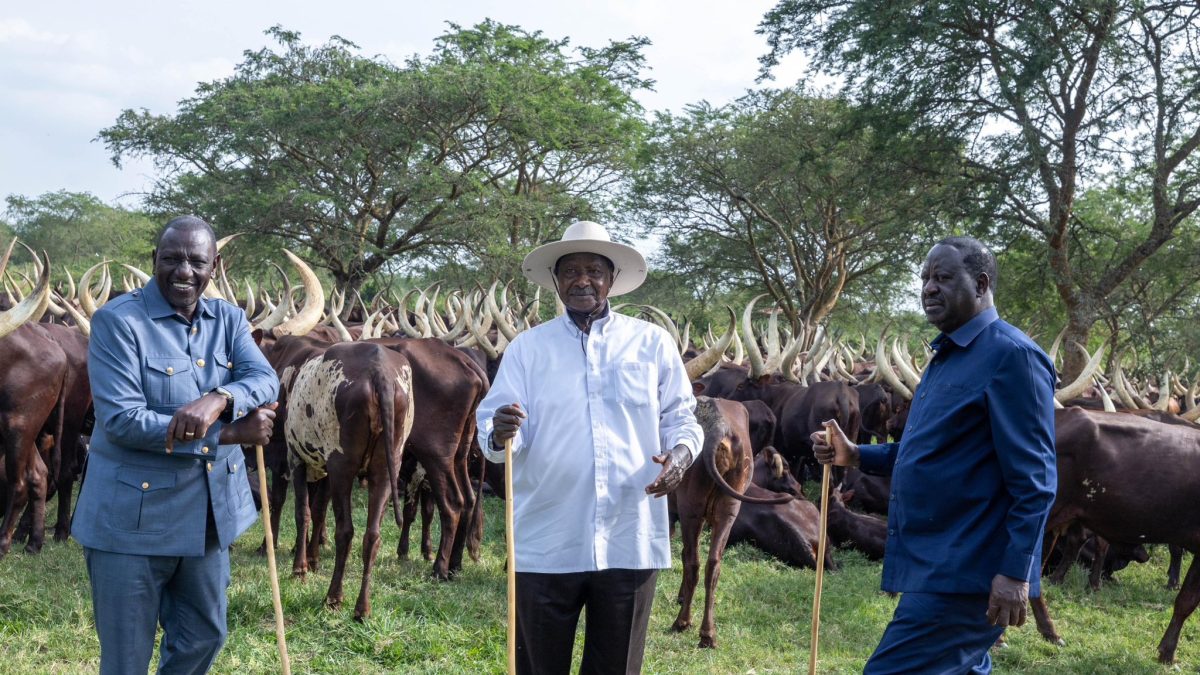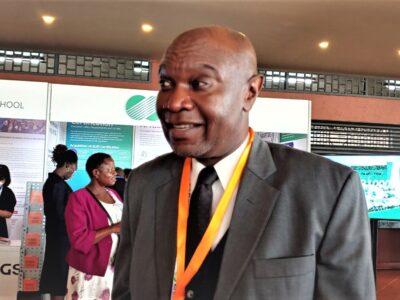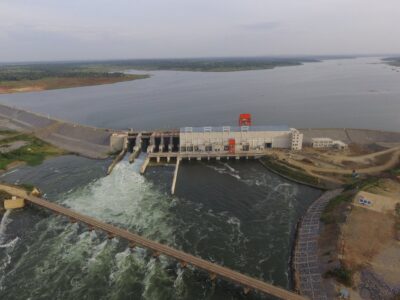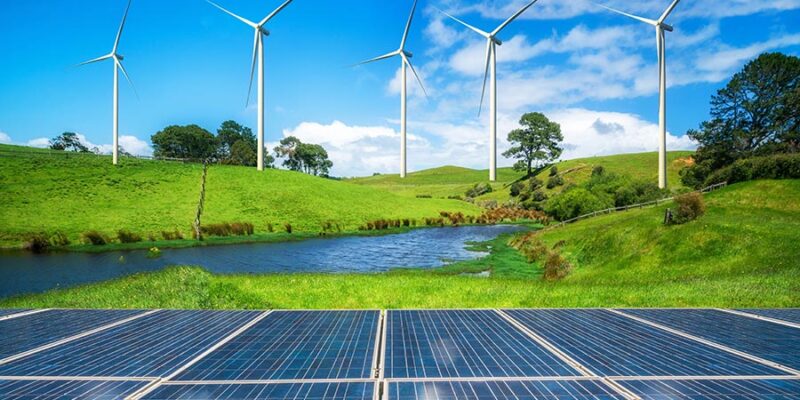
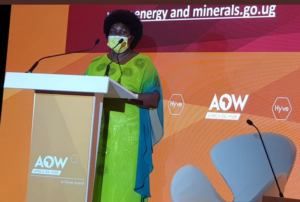
Ruth Nankabirwa, Uganda’s Energy Minister at the Africa Oil Week (AOW) in Dubai, recently
Uganda is reviewing its National Oil and Gas Policy as global pressure mounts on countries to focus more on cleaner sources of energy as a measure against the effects of drastic weather changes, according to Ruth Nankabirwa, the Minister of Energy and Mineral Development.
The disclosure is contained in a statement from the minister detailing the latest developments in Uganda’s oil and gas industry.
The minister lists “energy transition where the industry focus is rapidly shifting to renewable energy sources” as one of the challenges Uganda is encountering as it implements its petroleum projects.
“The National Oil and Gas Policy is being revised to address the energy transition issues, among others,” Nankabirwa says.
She also names high public expectations, protracted negotiations that cause continuous adjustments to the planned project implementation schedule, prolonged land acquisition processes and the business interruption caused by the Covid-19 pandemic as the other challenges hampering the sector.
But it’s the renewable energies maneuvers that stakeholders will be watching closely, especially as the country starts developing its oil and gas resource.
While writing in the Wall Street Journal in October 2021, President Yoweri Museveni expressed his reservations about Africa rushing to adopt renewables, noting that by doing so it would “sacrifice its future prosperity for Western climate goals.”
“My continent’s energy choices will dictate much of the climate’s future. Conservative estimates project that Africa’s population of 1.3 billion will double by 2050. Africans’ energy consumption will likely surpass that of the European Union around the same time,” says Museveni.
Doing this with renewable energy sources as is being encouraged by the West would leave many Africans with unreliable and expensive electricity, Museveni wrote.
He added: “This stands to forestall Africa’s attempts to rise out of poverty, which require reliable energy. African manufacturing will struggle to attract investment and, therefore, to create jobs without consistent energy sources. A better solution is for Africa to move slowly toward a variety of reliable green energy sources. Africa will, therefore, have to use fossil fuels as it makes the transition.”
However, at the COP26 in Scotland – a global United Nations summit about tackling climate change – 11 countries presented the Beyond Oil and Gas Alliance (BOGA), which set an end date for national oil and gas exploration and extraction.
BOGA core members including Ireland, France, Denmark, and Costa Rica said that they were committed to ending all new concessions, licensing, and leasing rounds.
However, António Guterres, the UN Secretary-General, warned that promises to adopt clean energy were starting to ring hollow since the fossil fuels industry still receives trillions in subsidies and some countries are still building coal plants.
Early this year, French oil giant Total, which is taking the lead in developing Uganda’s oil industry changed its name to TotalEnergies, signifying a switch of the company’s strategy towards becoming a broad energy business focused on the production and supply of clean energy.



